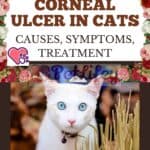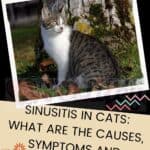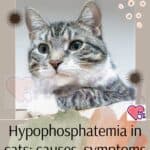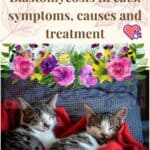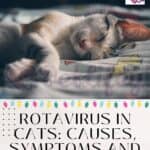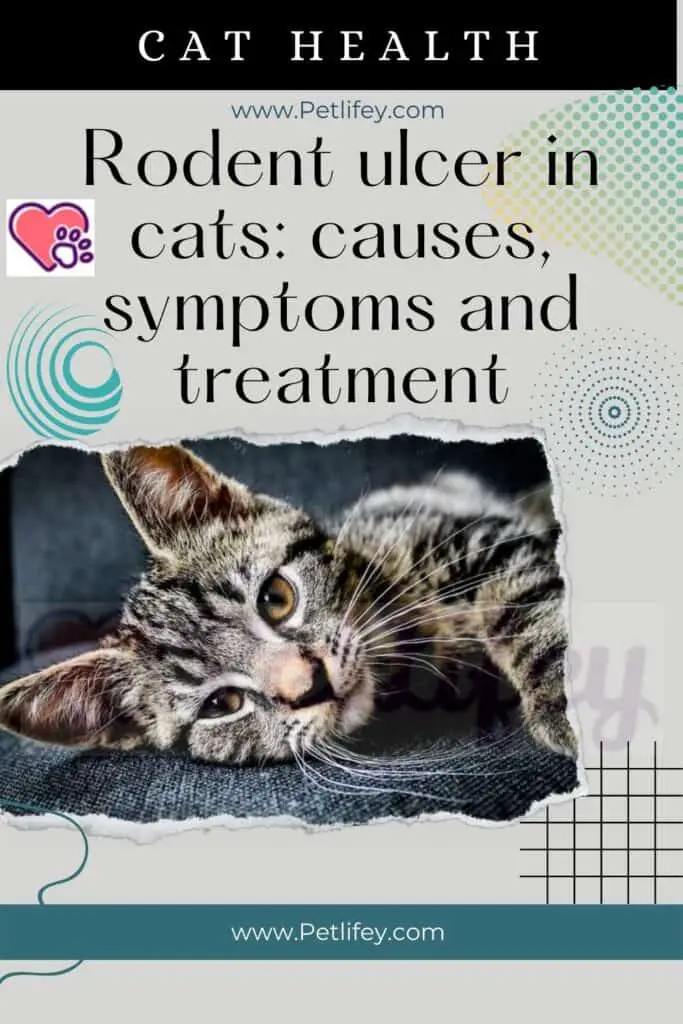
Very frequent in puppies and females, let’s find out what rodent ulcer in cats is. What are the causes, symptoms and how to treat it.
When reading the word “rodents” it comes natural to think of a mouse, if we then also dwell on the word “ulcer”, we automatically tie everything to a bite of a mouse. So is this really the rodent ulcer in cats?
No. This past “association” is just a mistaken belief. Today, thanks to the study of veterinary professionals, this false myth has been dispelled, and it has been stated that this type of ulcer, known as “indolent” as it is not painful and benign, although alarming, is absolutely not associated with mice.
So what is rodent ulcer in cats? Let’s find out together, looking at what are the causes and symptoms, and also how to treat it to ensure a speedy recovery for your cat.
Rodent ulcer in cats: causes and symptoms
Also known as an indolent ulcer, the rodent ulcer is nothing more than a lesion (or more than one) that “appears” mainly on the mouth of a cat.
Belonging to the eosinophilic granuloma complex (EGC), it manifests itself with the appearance of real sores, of various sizes and with thickened and well-defined edges, which develop mainly on the lips and mouth of the cat, and sometimes also on other parts of the body.
They are mainly red, but sometimes they can also have a yellowish appearance. They can bleed and be covered with scabs and also give off a bad smell.
As previously mentioned, today they are mostly called “indolent” ulcers as they are not painful for the cat but create many ailments of various kinds.
Given that they are not injuries due to a mouse bite, these ulcers can be caused by multiple factors. These are the main causes:
- bacterial infections
- allergies to certain foods
- attack by parasites, such as fleas
- infection due to fungi
- autoimmune disorders
- feline leukemia
- hypersensitivity to mosquito bites
These just listed are the possible causes that trigger rodent ulcer in cats. But what are the symptoms to watch carefully? Previously we said that the main “manifestation” of this pathology is represented by the appearance of red lesions mainly on the cat’s mouth.
Although not excessively painful, these sores however involve a series of ailments, very annoying for the cat. These are the most important symptoms:
- lack of appetite : the sores on the mouth make chewing quite painful, so the cat will begin to eat less if not even stop;
- suffering : the severe discomfort due to the injury could result in significant changes in the cat, which show his suffering. It will hide more frequently, it will avoid your contact, becoming aggressive in some circumstances;
- poor hygiene : given the sores on his mouth it will be much more complicated for him to devote himself to his daily grooming.
How to cure cat
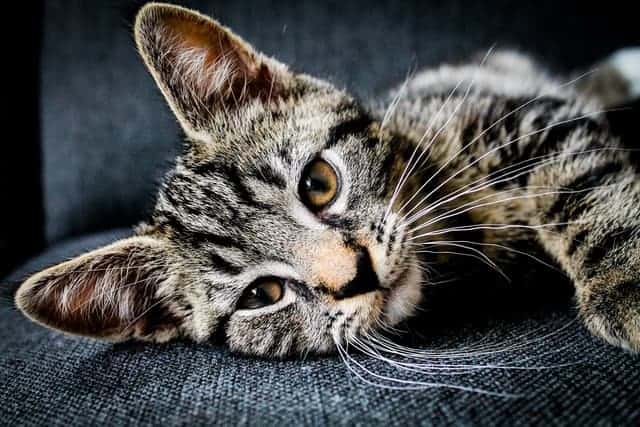
If you notice the presence of strange lesions on the cat’s mouth and also strange behaviour in its daily routine, it is possible to suspect that it is a rodent ulcer. What to do? Take the cat to the vet immediately.
Although not painful and benign, this “pathology” does not cure itself, as the days go by, but there is a need for a veterinarian : only he will be able to treat it in the best possible way, guarantee a quick recovery to the cat, and communicate which precautions adopt to prevent it in the future.
Initially he will perform a cytological sample : by observing under the microscope parts of cells taken from the lesions he will be able to confirm or not that it is a rodent ulcer in the cat. Once the pathology is confirmed, in principle he will immediately prescribe to the cat :
- a course of steroids for 2 or 3 weeks : able to counteract skin inflammation. Medicines that will be administered either in the form of pills, to be taken every 24 hours, or in the form of daily injections. In this way the drugs will be able to “heal” the wounds, until they disappear;
- a course of antibiotics : to fight the infection, where it was highlighted.
Of course, these courses of drugs are used to quickly eradicate these alarming sores, giving the cat new well-being. But the vet’s main job is to investigate what the underlying cause of the problem is, so that it doesn’t happen again in the future.
If he supposes it is due to a food allergy he will advise you to subject your cat to allergy tests : once the offending food has been identified he will advise you to vary his diet, so as to avoid another episode;
If, on the other hand, he suspects that the cause is a “flea attack” or a mosquito bite (to which your cat is allergic), he will recommend excellent products to prevent further infestations .
As for other causes, such as feline leukemia or autoimmune disorders, your vet will carefully discuss the various treatments with you.

